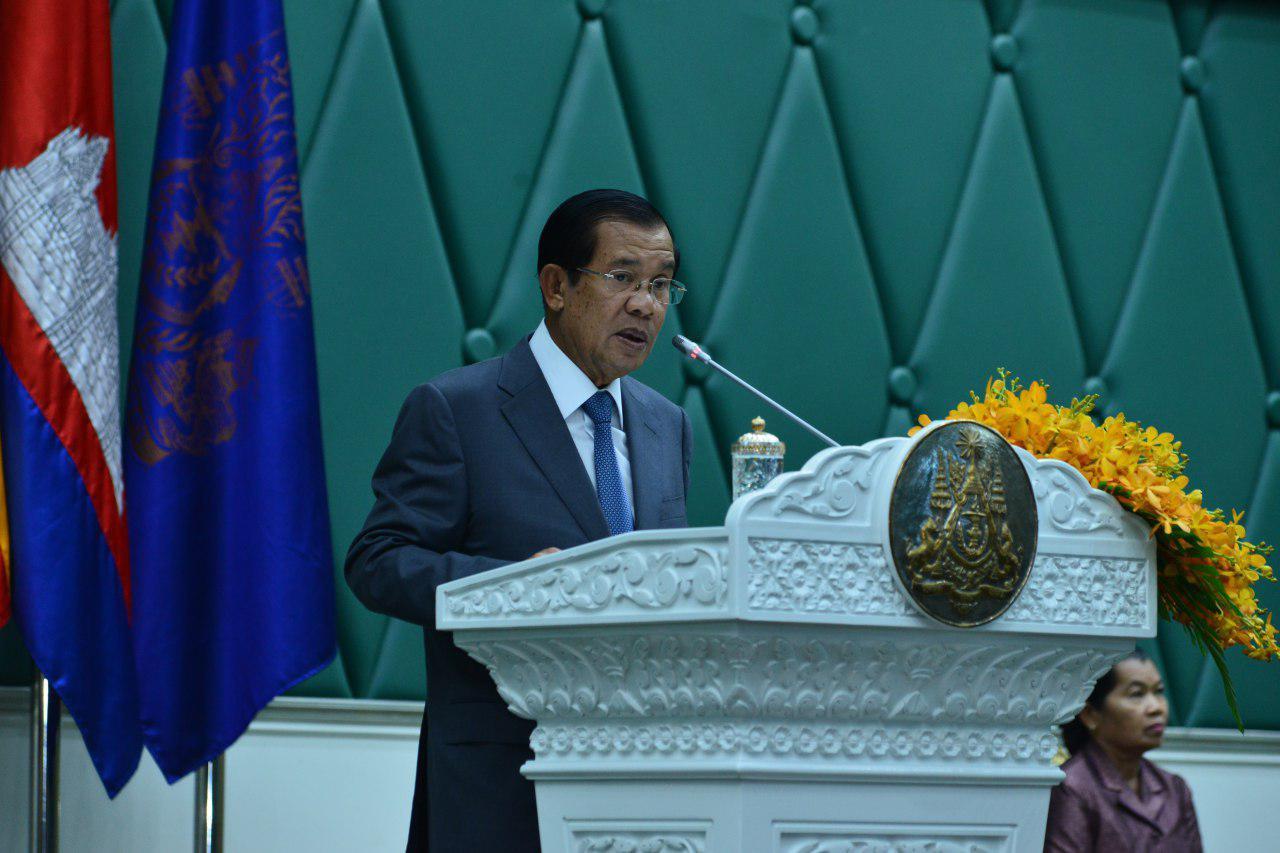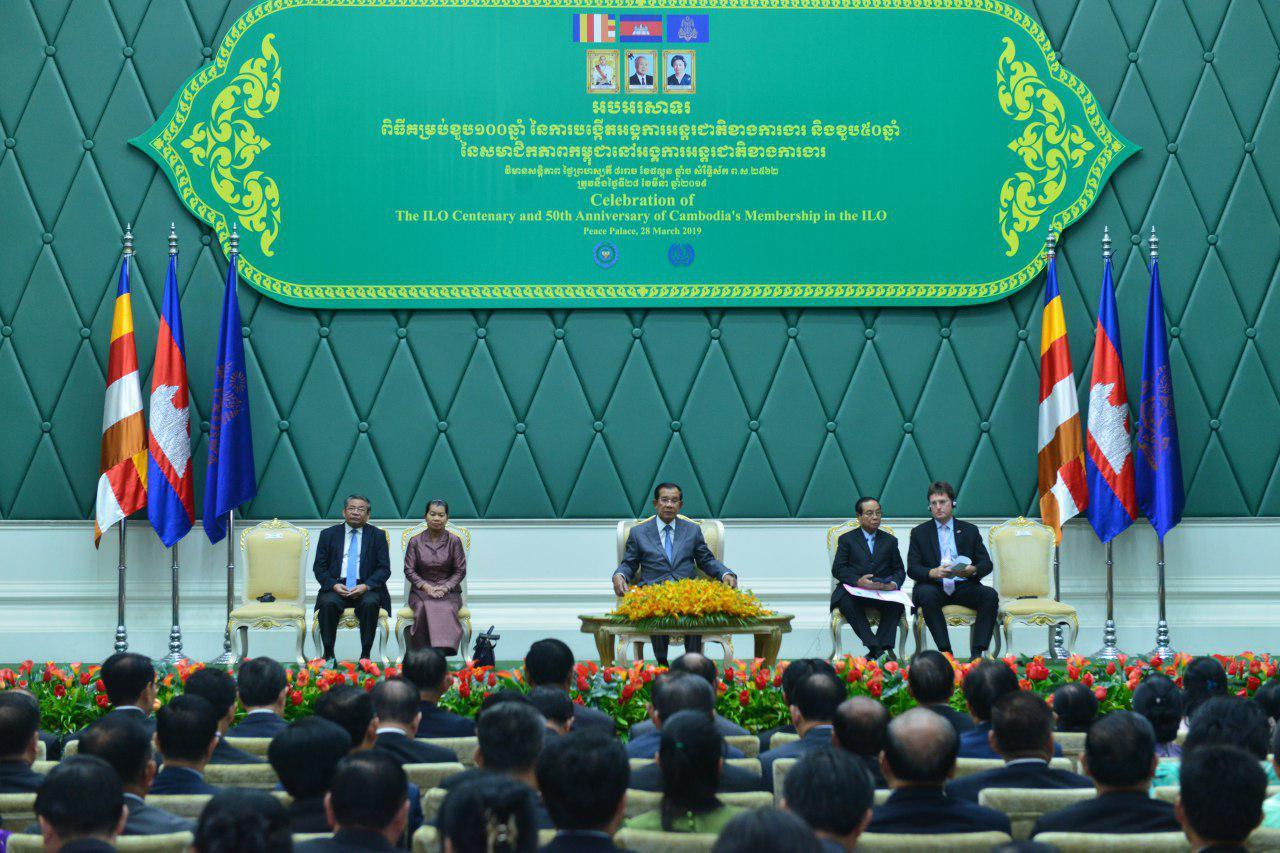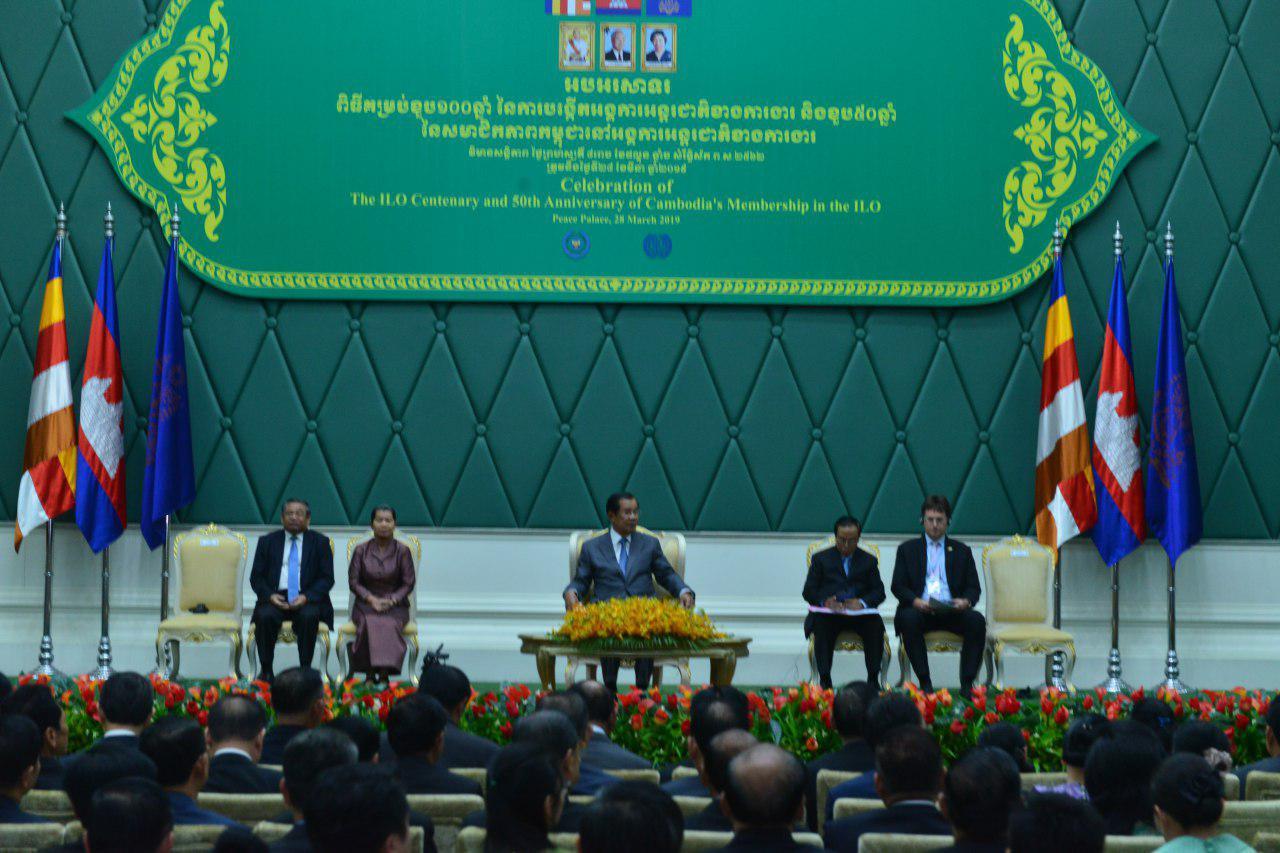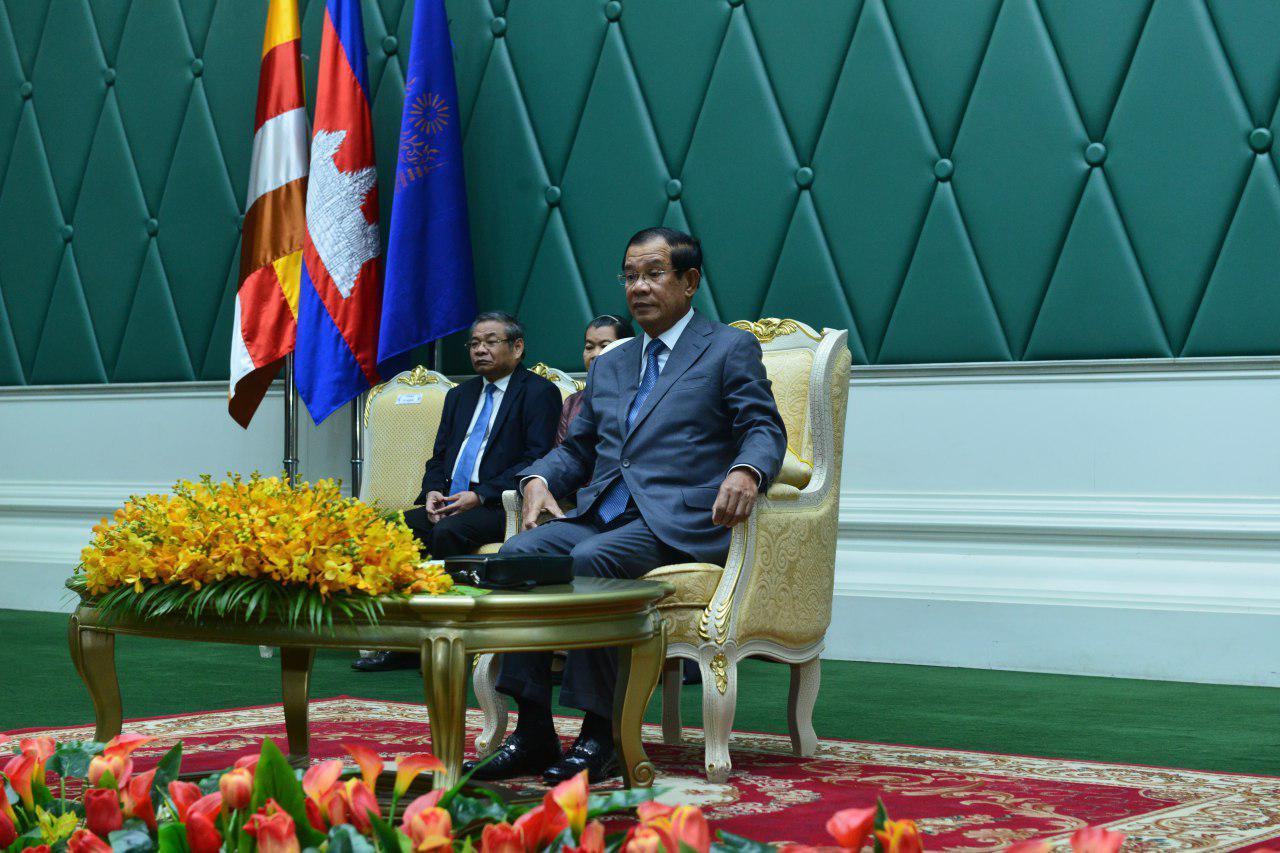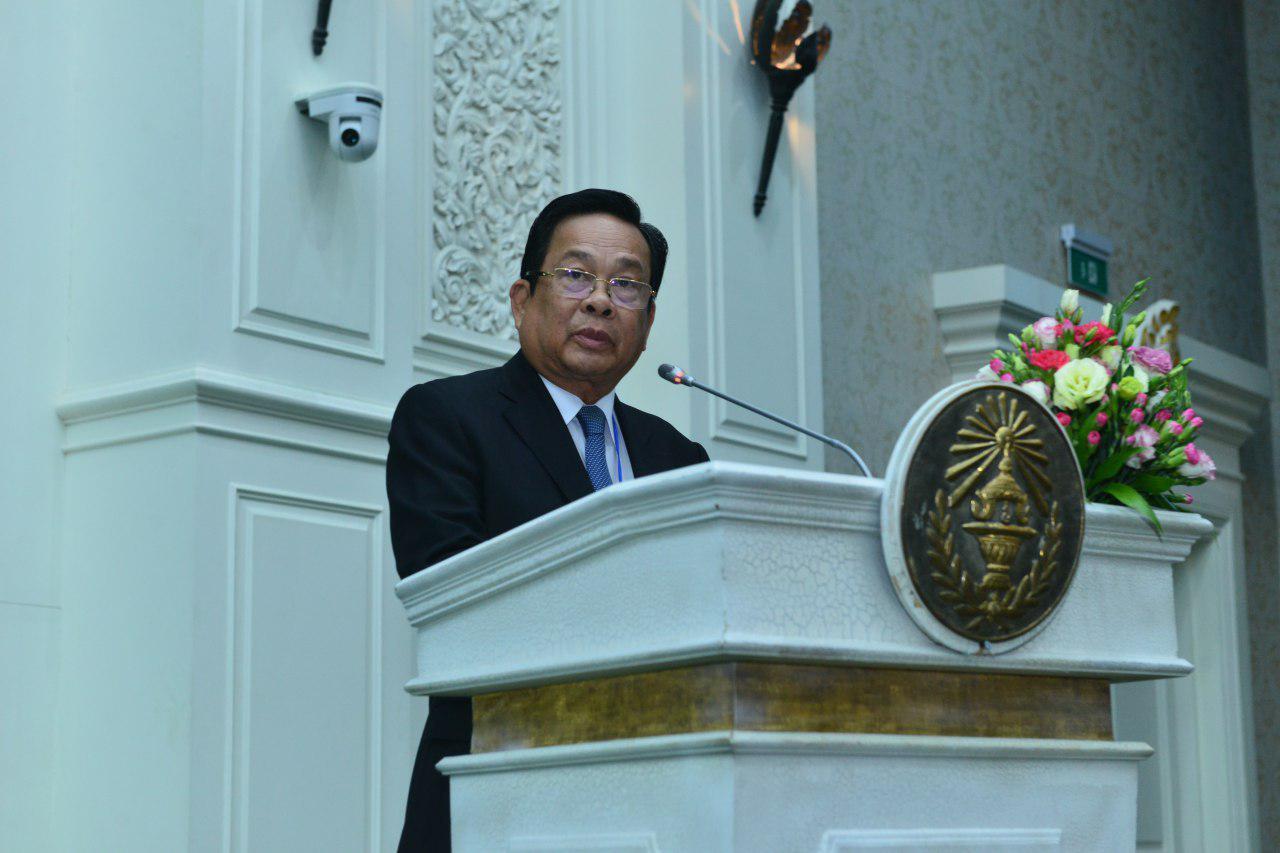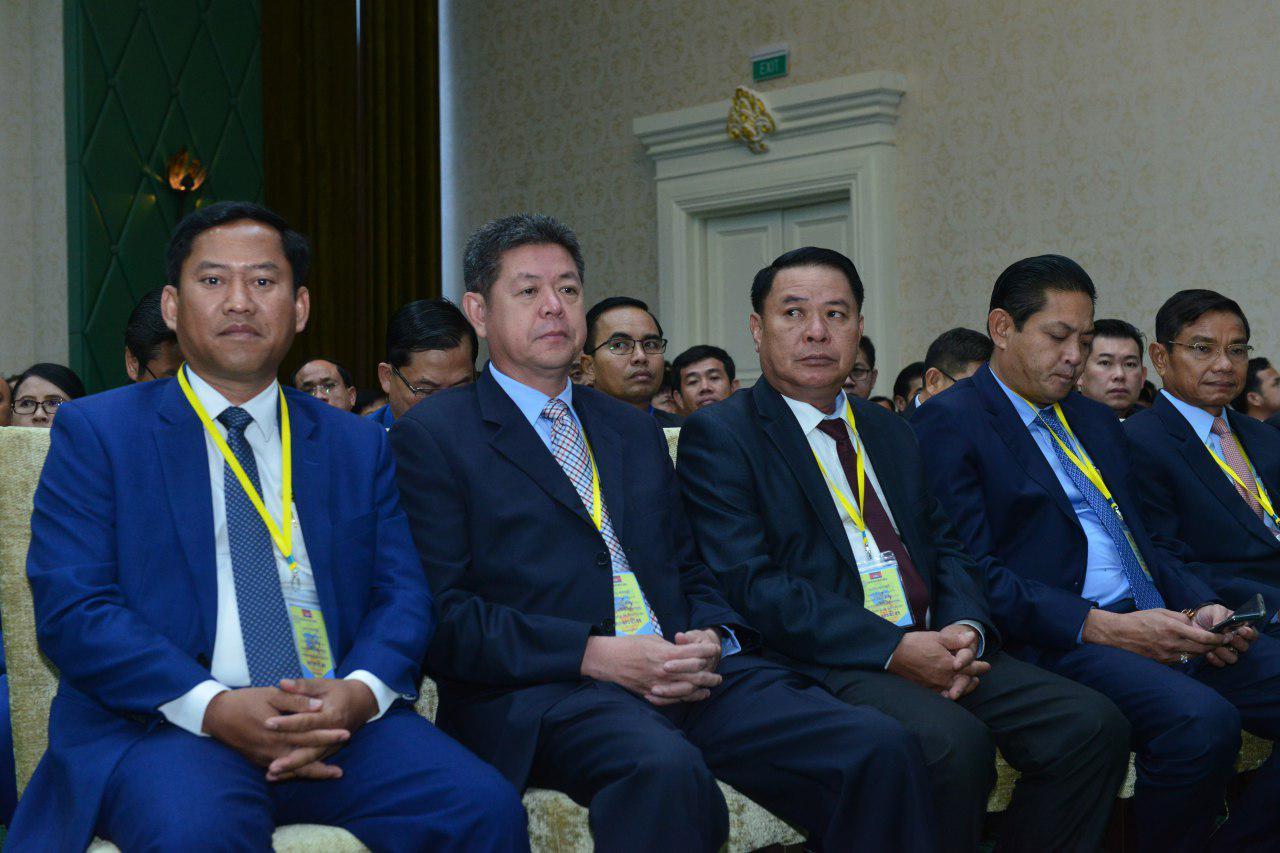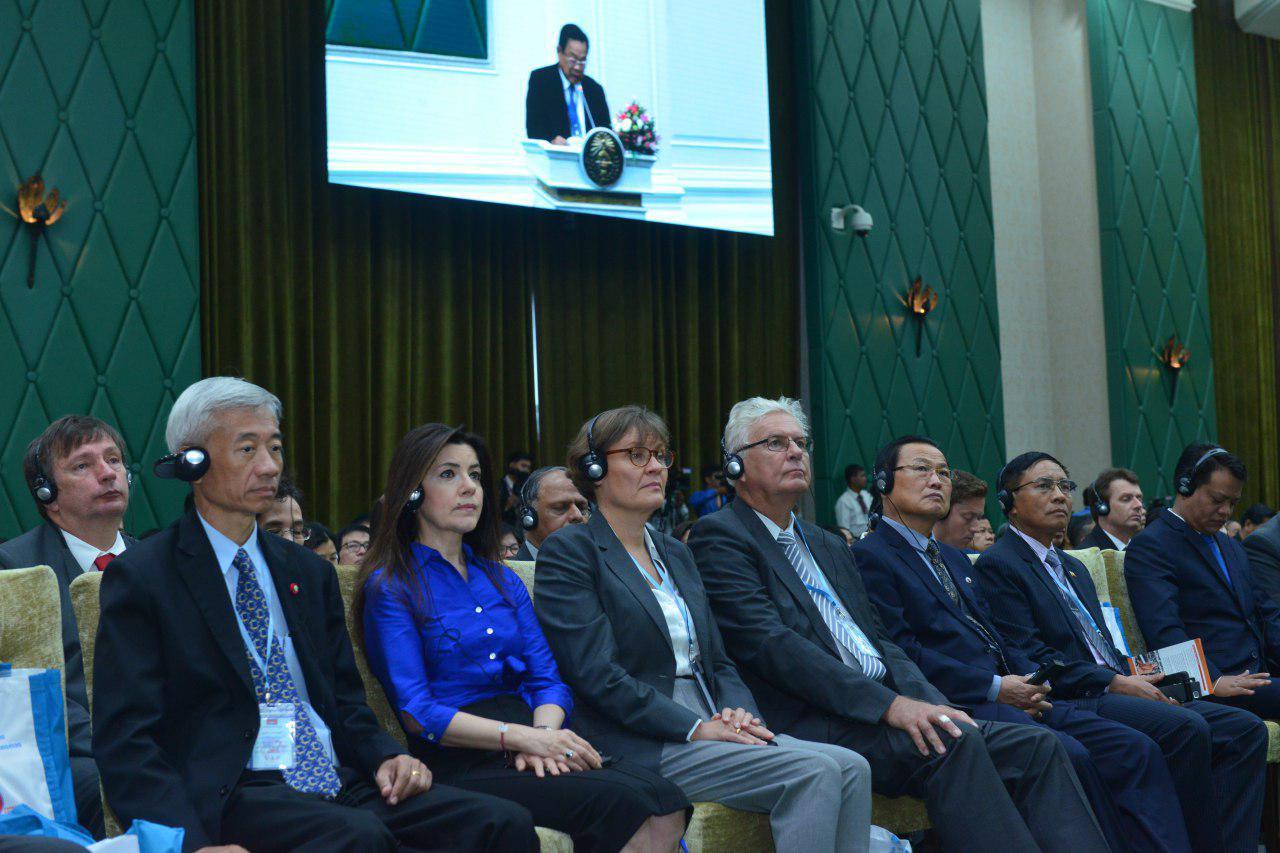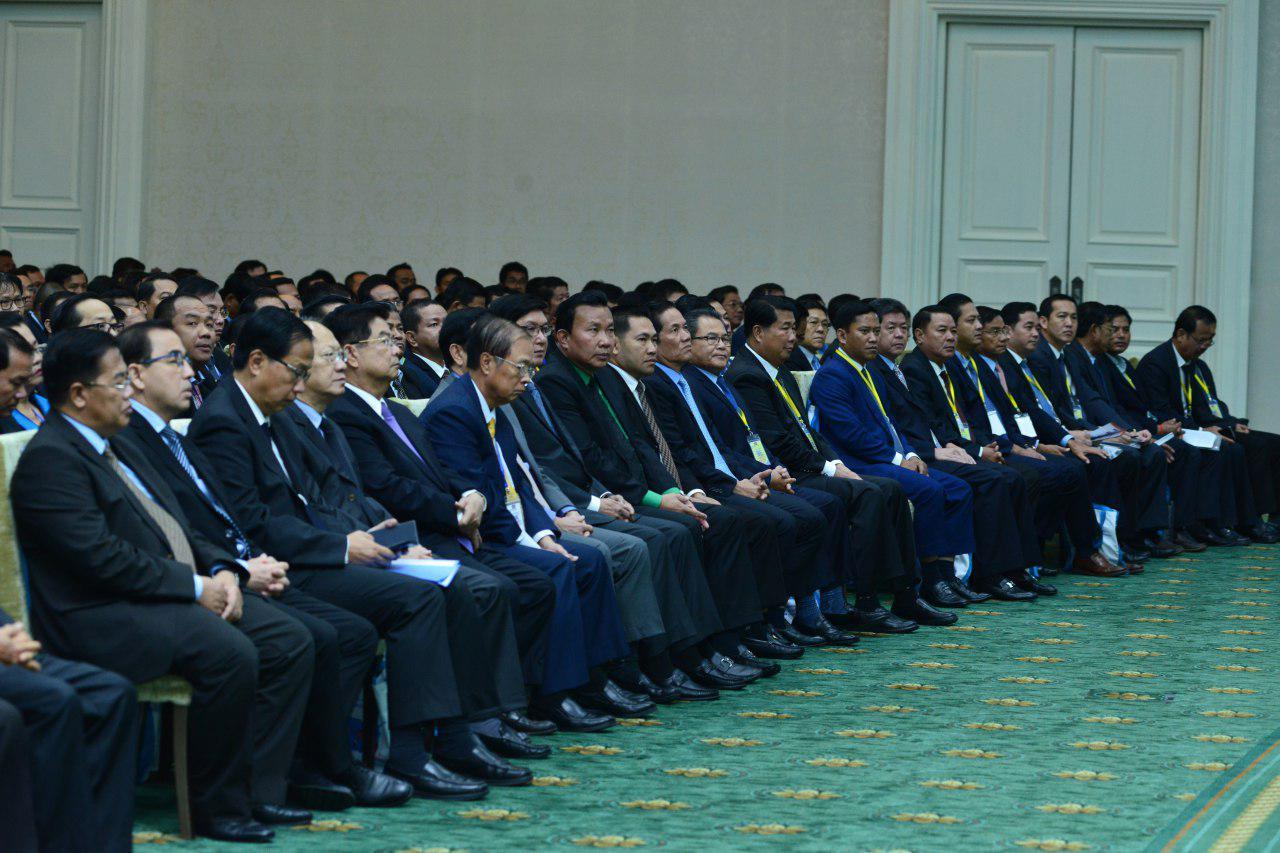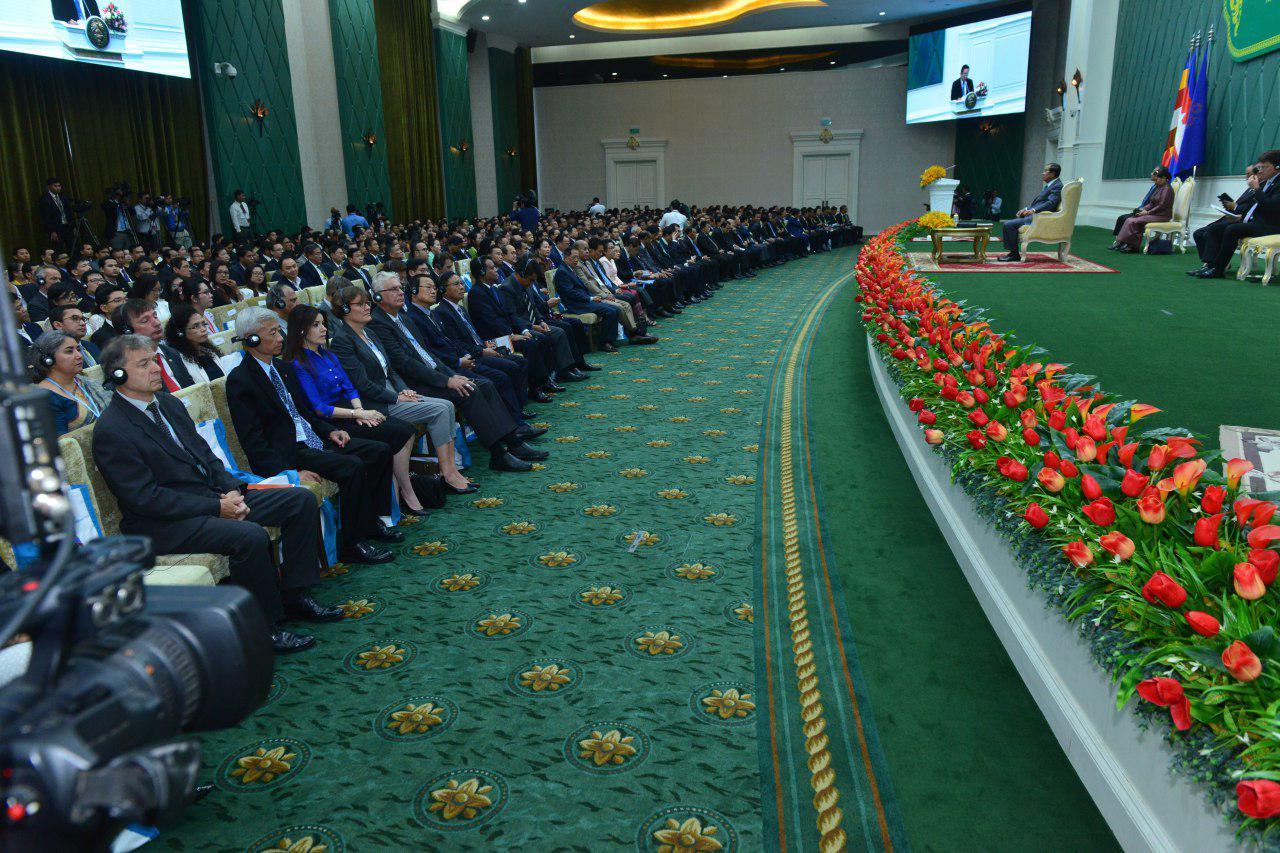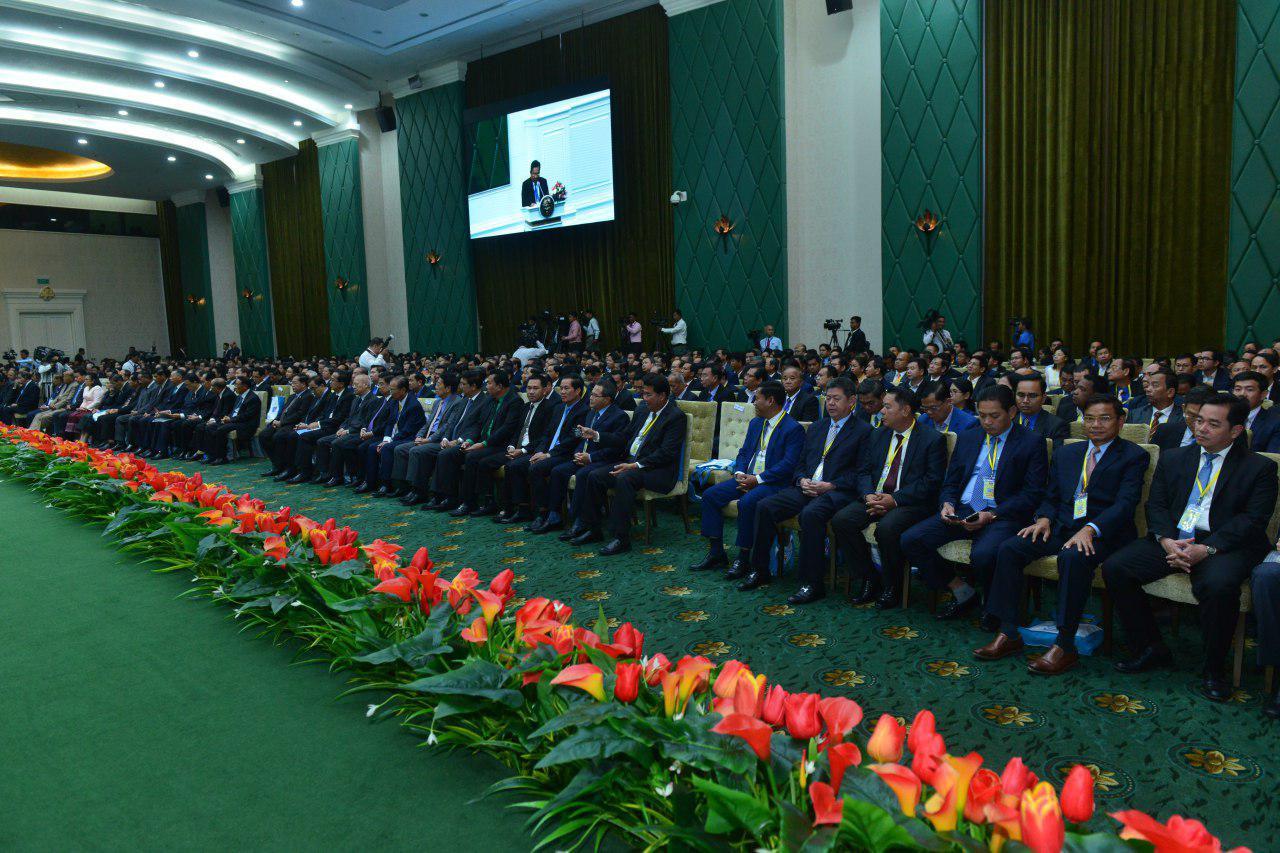Phnom Penh (FN), March 28 - Prime Minister Hun Sen, on Thursday, recommended eight policies to ensure labor rights in Cambodia in accordance to international conventions, speaking at the 100th Anniversary of the establishment of International Labor Organization (ILO) at the Peace Palace Phnom Penh.
The eight policies include:
First, guarantee labor rights, working conditions, and international labor conventions ratified by Cambodia. The government considered labor rights the respect to human rights. Better Factories Cambodia was created in 2001 as a unique partnership between the UN’s International Labour Organization (ILO) and the International Finance Corporation (IFC), a member of the World Bank Group. The programme engages with workers, employers and governments to improve working conditions and boost competitiveness of the garment industry.
Second, focus on developing professional relationships through the trilateral mechanism to address issues related to the rights and interests of workers and employers. In fact, the Labor Advisory Committee established a trilateral working group to fight for the better minimum wage of garment, textile and footwear workers, an increase from USD 40 in 1997 to USD 182 in 2019 with fortnightly remuneration.
Third, promote freedom of professional organizations through the implementation of the labor laws and the law on unions.
Fourth, focus on hygiene development and work security for workers; encourage all factories to have emergency ambulance infirmary, feeding room, and nursery to reduce fainting cases.
Fifth, in 2019, the Royal Government of Cambodia sets up a pension system for workers and occupational risks for public officials, and cooperate with the National Social Security Administration. The government is prepared to pay at least $10 million per year to female workers who bear children. Prime Minister Hun Sen will provide a bonus of $100 for worker who delivers one baby, while mothers of twins would receive $200 and mothers of triplets would get $300.
Sixth, continue to strengthen vocational trainings for citizens in respond to labor market demands. Further promote bilateral and multilateral cooperation to protect labor rights for migrant workers.
Seventh, continue to develop a close partnership with the international organizations on labor.
Eight, ensure effective and transparency working environment, social and labor norms with GIZ-SLSG.
Cambodia joined the International Labor Organization on 24 February 1969. This year marks the 50th anniversary of Cambodian membership to ILO.
Since the early 1990s, the ILO has been an active partner in Cambodia’s economic, social and democratic recovery, playing an important role in helping to restore livelihoods, generate sustainable employment, rebuild infrastructure and set-up and strengthen democratic institutions.
